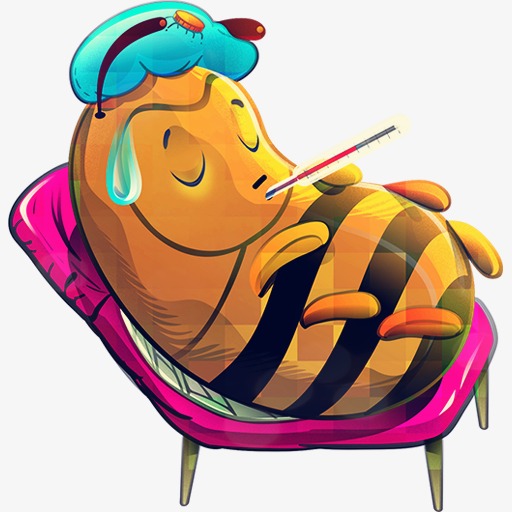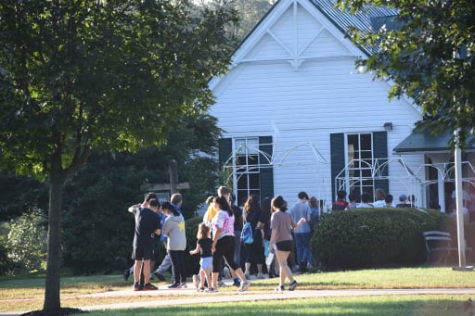Bee Aware, the Bees are Dying

February 2, 2020
There is a lot going on in today’s society and the world surrounding us, ranging from overwhelming political issues, to social media taking over the truth, and climate change. As a result of all of these factors, some important issues are sometimes overlooked or pushed away. One of these important issues is the current situation of the bees of our world. Are you aware that ⅓ of a human’s food income depends on the pollination of bees? Or, the fact that if our beloved bees die out, thousands of plants will follow? Although it might seem confusing or less important to some, the bees are dying and it has become more prominent and urgent as humanity continues to reject the issue. The average person lacks awareness when it comes to the significant decrease of the bee population. It is crucial that society as a whole gains an understanding of the severe impact the loss of bees has, and will continue to have, on our ecosystem.
Firstly, in order to comprehend the urgent need to save the bees, one needs to understand the essential role bees play in our day to day life. Bees play one of the most important roles in our ecosystems, given one third of all of our food depends on their pollinations. Pollination, put into simple terms, is when a bee feeds off of the nectar of a flower in order to survive and in the process of doing this, absorbs pollen onto its hairy legs and body. The plants rely on pollen to reproduce because it is the only thing that carries specific genetic material that allows plants to form seeds and continue to spread. The only way pollen is spread from plant to plant is through pollination. This process is greatly beneficial to the dietary needs of human kind and reflects how important the role of bees play to us.
It is no surprise that the main factor in bee fatality is through toxins and issues such as parasites, poison, viruses and fungi. Even if these factors do not harm the bees immediately, they severely weaken them and their colonies. According to Global AgInvesting, beekeepers all over the world have seen 30 to 90 percent of their colonies lost. In 1988, there were 5 million colonies, but in 2015 the number weakened to 2.5 million. There is also poor nutrition and care due to the overcrowding of beehives. Lastly, there is stress, which is an outcome of human activities such as machines from building new architecture.
Although all of these factors are prominent, the main reason is the agriculture industry’s spread of deadly pesticides such as those listed above. According to Sierra Club, the worst pesticides are called neonicotinoids, which weaken the bees. It is used on 95 percent of today’s plants and it lessens the bees’ memories and navigation skills to the point where many have no way of returning to their home. Another toxin is called Varroa Destructor. It kills the bees by transmitting a virus through the insect’s wings that completely deforms them. The overall outcome of these deadly pesticides is a world without color – and sustenance. All our favorite fruits, vegetables and more will decline out of existence and humans will have an insufficient diet leading to health issues.
What can we do? Fortunately, there are many small measures that can have a large impact towards saving the bees, one step at a time. One thing you can do is plant a small bee garden in any space with nectar rich plants. Since the bee population is decreasing because of the increase of urban buildings, they need as much space as possible to continue to feed. Further actions include avoiding harmful pesticides. There are plenty of organic alternatives to pesticides. Buying organic food and supporting that industry is another small way to help the bees. Donating to any local organization or beekeeper is something people might not think to do right away, but the money goes towards the greater good. Lastly, the most important step to help the bees is to educate yourself and others.
In fact, you’ve completed this step just by reading this article. Remember to “bee” aware and educate yourself. In a world full of color, many might forget the masterminds behind our food variety: apples, beans, cabbage, avocados, cherries, lettuce, strawberries, watermelon and more all severely depend on the bees. All of the overwhelming factors that are leading the the rapid decline of the bees are not only taking away the color of our world, but the health and proper nutrition on a global scale. Humanity heavily depends on the bees for nutrition and survival, so what will happen when the bees are gone?






